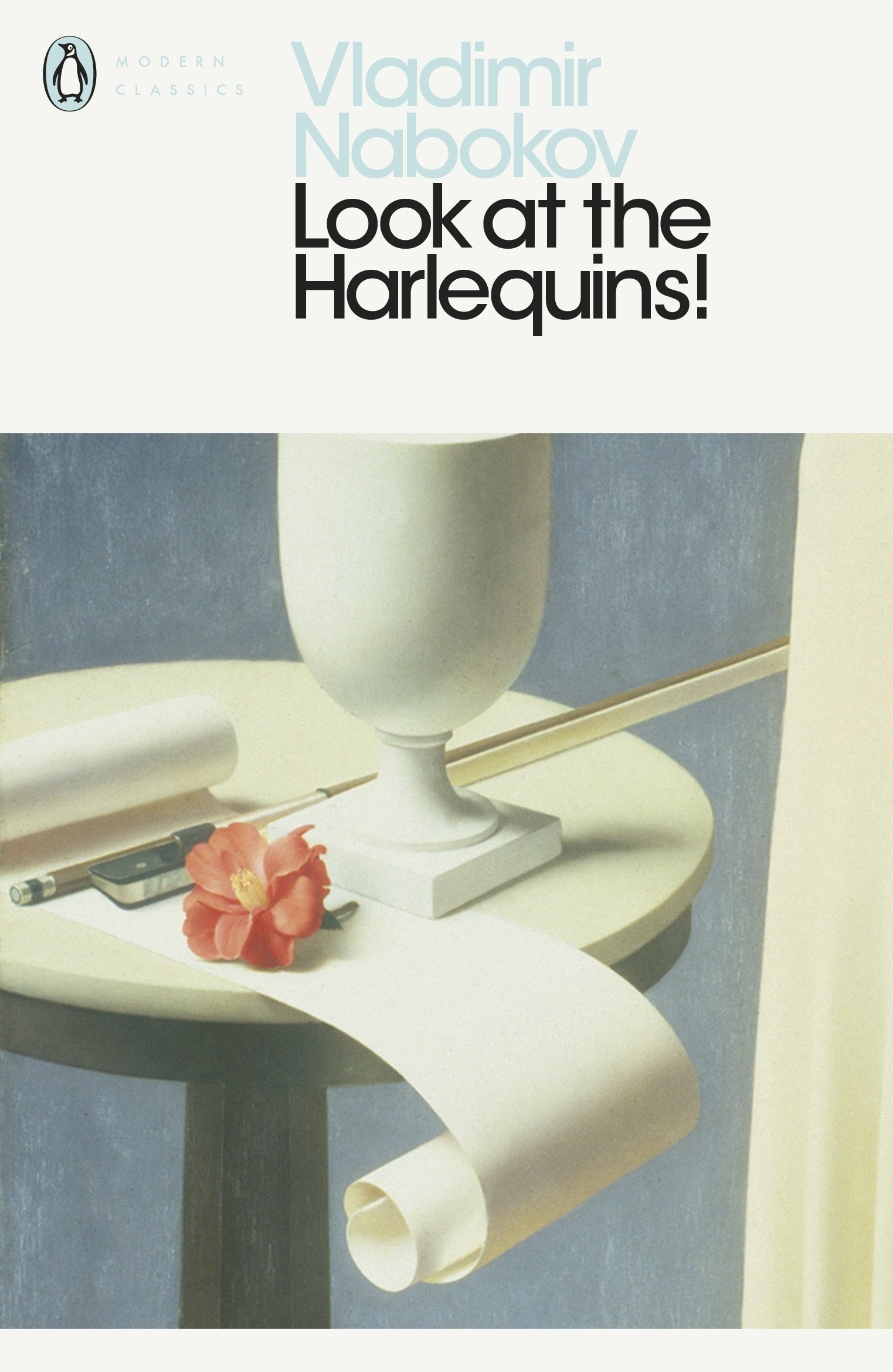What do you think?
Rate this book


214 pages, Paperback
First published January 1, 1974

I met the first of my three or four successive wives in somewhat odd circumstances, the development of which resembled a clumsy conspiracy, with nonsensical details and a main plotter who not only knew nothing of its real object but insisted on making inept moves that seemed to preclude the slightest possibility of success. Yet out of those very mistakes he unwillingly wove a web, in which a set of reciprocal blunders on my part caused me to get involved and fulfill the destiny that was the only aim of the plot. (p. 3)